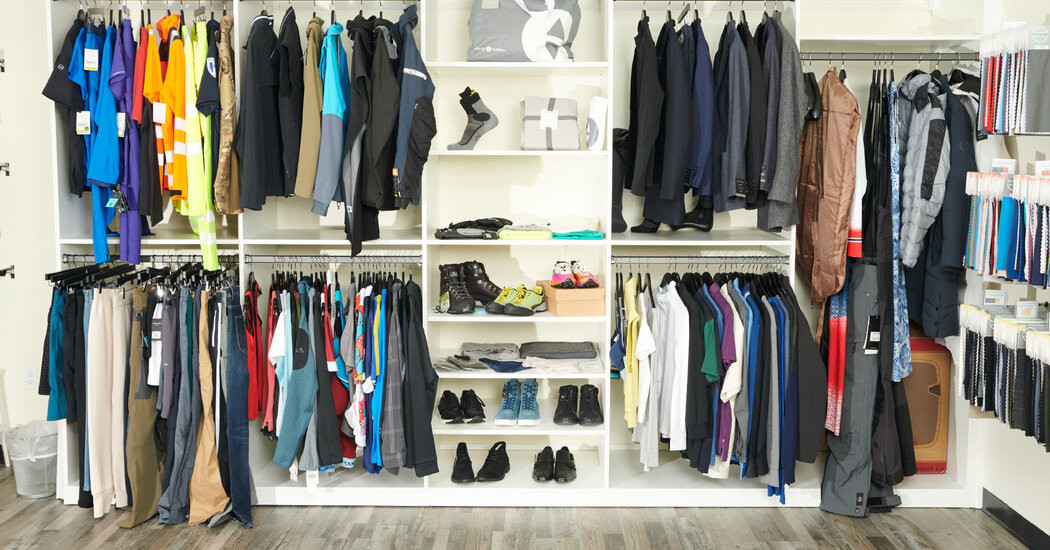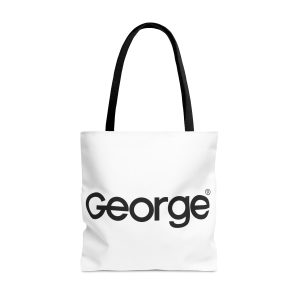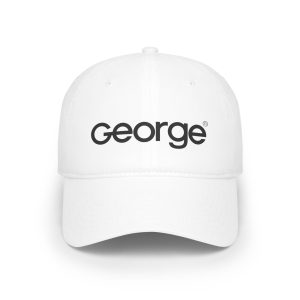

The experience of a company in the textile business illustrates how the trade war could force some industries to shift production out of the United States.
In the debate over trade, stories about what’s left of the domestic textile industry tend to involve mills threatened by competition from China. But a company in Colorado called Cocona Labs has prospered by sending its products across the Pacific.
Cocona manufactures compounds used to make fabrics that are stitched into bedding, towels and clothing, especially for outdoor gear. The elements move moisture away from skin, making material warmer and faster drying. Cocona sends roughly two-thirds of the compounds it produces to China, where factories spin yarn, weave fabric and stitch linens and apparel. Many of the finished goods wind up back in the United States.
But the global trade war started by the Trump administration has shaken the economics of this business. Faced with uncertainty over tariffs, and especially retaliatory levies imposed by China, Cocona might start making changes. Among the possible actions: moving part of the production of its core offering, its so-called master batch made up of compounds, from the United States to factories in China.
“We are actively in the process of doing that,” the company’s chief executive, Jeff Bowman, said from his home in Bend, Ore.
President Trump has sold his trade war as the way to force international businesses to abandon China and bring factory work to the United States. Yet the experience of this small business, one with 20 employees around the world, attests to how tariffs can have the opposite effect, compelling the company to consider shifting its work to the other side of the Pacific.
“Is that crazy, or what?” Mr. Bowman said.
He is especially frustrated that the disruption of his business is playing out in the service of a goal that he dismisses as fanciful.



